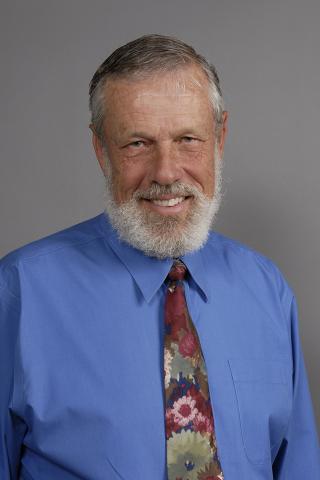
Professor Emeritus, Ph.D., University of Notre Dame
Willis Copeland is Professor Emeritus in the Department of Education, where he worked from 1987 to 2012.
In his last bio before retiring he wrote: "I wonder about teachers and why they teach the way they do. Much of the history of educational research is characterized by researchers developing new methods of teaching and then recommending these for teacher use. These researchers continue to assume that teachers will simply accept and implement their recommendations and then are frustrated when teachers don't. Change/improvement in classrooms appears to many researchers to be frustrated by teachers, and their unwillingness to change.
"I believe that researchers who hold this view miss an important point. We are now coming to realize that much of this previous research and development work was done without appropriate appreciation of what the task of teaching involves. Classrooms are incredibly complicated workplaces. For example, among all the professions, only air traffic controllers rival teachers in the number of interpersonal communications required in a typical day's work. The diversity that characterizes the student population, the continually shifting demands to cover different content, the need to attend to multiple modes of learning, and the shear number of 'clients' who demand immediate and continuing attention all impinge on the teacher's effort to establish a functioning learning environment.
"My research is aimed at discovering how teachers understand their work, how and why they come to teach as they do, and how they can be helped to improve their own teaching. I am convinced of the importance of carefully considering the context within which teachers work before any effort is made to improve that work. I believe that teachers' own thoughts about their work -- how they make meaning of that they do -- offer potentially fruitful insights into the nature of the classroom context. I am working to uncover the implicit but important understandings that good teachers depend upon and also to discern the processes of professional development by which good teachers develop these understandings. My coming to this present research focus focus has, itself, been an evolution, from my time as a junior high school history teacher and coach, through Notre Dame and my work as a young professor in the Teacher Education Program here at UCSB, to my work in recent years on understanding the workings of classrooms and on applications of technology to educational purposes. This evolution is continuing, influenced greatly by the graduate students with whom I work. I hope it will contribute to a genuine improvement in teaching based on a clearer understanding of the tasks teachers face, the ways they think about them and how they strive to improve their own work."